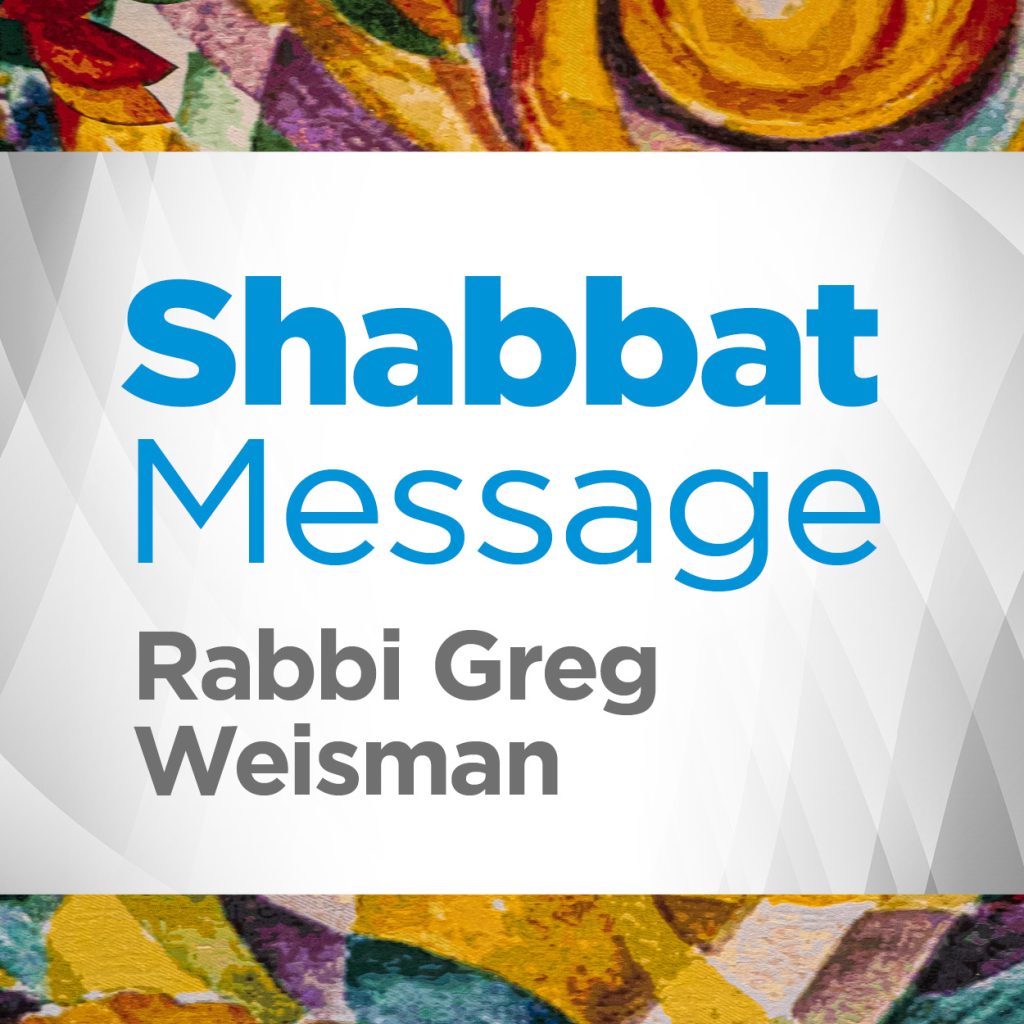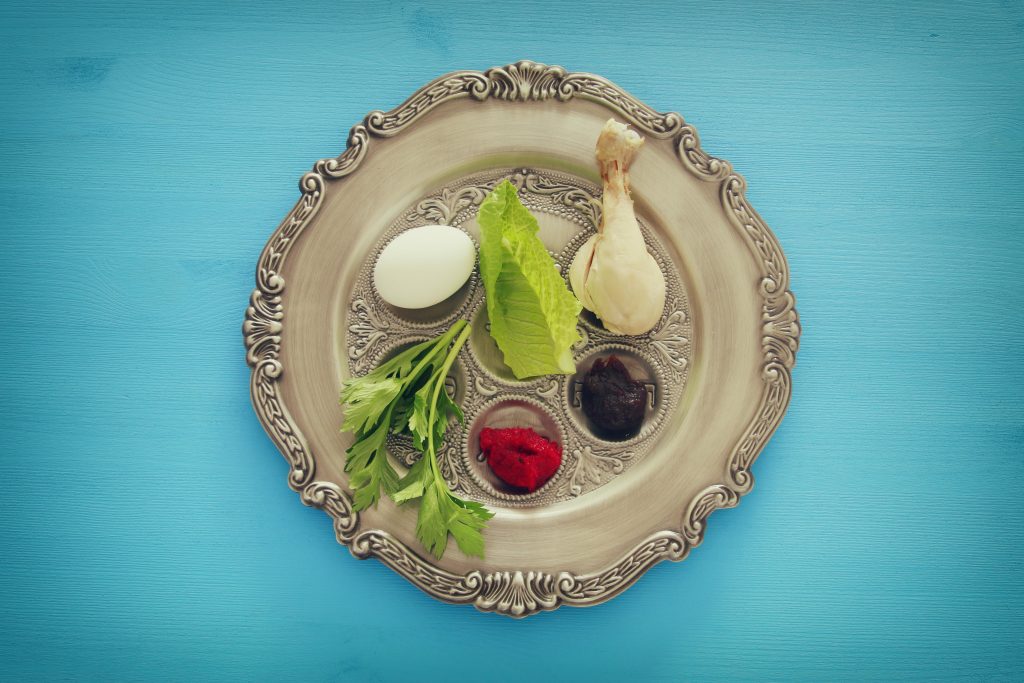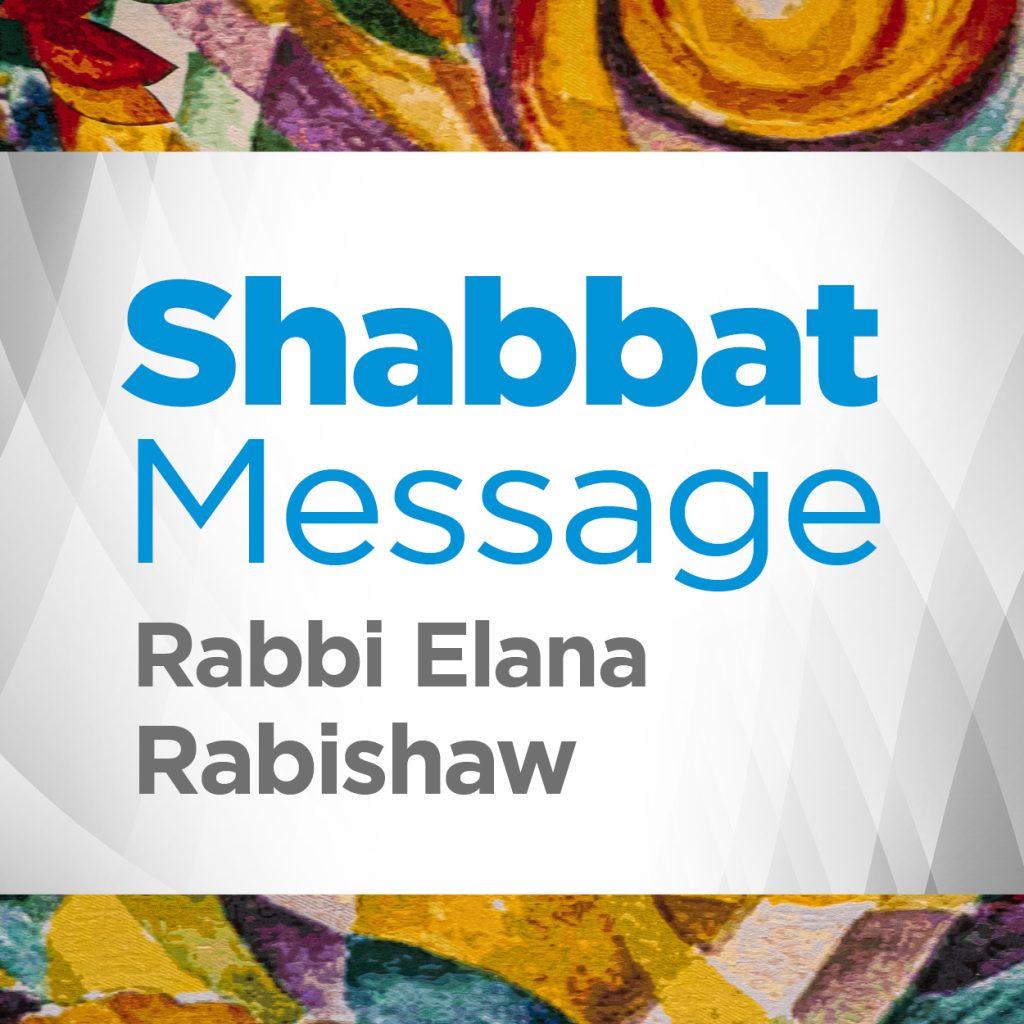This week we begin our reading of the Book of Leviticus. As any b’nai mitzvah from this time of the year can tell, you, the first several chapters of the book, while intricate and essential to our biblical ancestors, doesn’t leave much for us modern Jews. It deliberately and in great detail describes the sacrificial rituals to be performed in the Mishkan, the Tabernacle, our place of worship while wandering in the desert. What part(s) of which animal, for how long, on what occasion, in a litany that will continue into the weeks that come.
For the world in which this was the way our people connected to God, I understand why these chapters are necessary. But for us, who live in a world without the Temple in Jerusalem, who live in a world in which we access God through prayer, through the study of Torah, through acts of kindness, charity, and love, it can seem a bit foreign.
The word that the rabbis use to describe these sacrifices is avodah. That word, in modern Hebrew means “labor,” and includes the name of the history left-leaning political party. In the biblical period, to worship God by meticulously sacrificing animals was quite laborious, a service to the community performed by the Kohanim, the priests. Our opportunity to perform that avodah, that service to God, was made possible by our exodus from Egypt and our being freed from slavery. Interestingly, though, the word for slavery, av’dut, is also related to avodah. Each having an A-V-D root suggest to us that we should perceive some relationship between those two acts, enslavement to Pharaoh and worship of God. It was the generation, led by Moses and Miriam, who had to navigate that transition for us, who had to unlearn what it means to work for Pharaoh because we had to, and learn what it meant to serve God because we are called to.
Perhaps the greatest symbol of this transition is the day of Shabbat itself. Shabbat, a day of rest, without work, is completely foreign to an enslaved person. Not surprisingly then, our ancestors who had been enslaved struggled when they were given the chance and the obligation to refrain from work on Shabbat.
Last week I had the privilege of spending three days learning with rabbinic colleagues, and one of our topics of learning was a deep dive into the development of Shabbat. I gathered with colleagues from around the country at Hadar, an organization dedicated to empowering Jews to explore the meaning of Torah, Avodah, and Chesed- acts of love and goodness in their lives.
As part of the program, we spent back-to-back mornings exploring “What is Shabbat Really About?” We started by re-reading the Israelites’ first experience of Shabbat, when the Holy One promised that manna would fall from the heavens each day of the week, with a special double portion on Fridays- enough food to last us through Shabbat. It was a challenge, at first, for our ancestors. They were accustomed, having been raised enslaved to Pharaoh, to collect, save, and sometimes even hoard food. But now as free people, they needed to learn that when God said the food would be there, the food would be there. They had to learn that it was OK not to work on that day, and they had to learn to have so much confidence that the day of Shabbat was coming, that they should do extra work on Friday to prepare for it.
The conversation in the Talmud about observing Shabbat reflected the Israelites’ difficulty in transitioning from enslavement to freedom. We were so used to working that we had to be told not to work, and given specific instructions on what behaviors were not permitted. But many of those prohibitions come with a caveat based on the idea that is that we should not let things inhibit our ability to enjoy Shabbat. We should do all that we can to enjoy the day, to bask in the freedom to do nothing but spend time with friends and family.
The rabbis’ message about Shabbat is clear: it is a challenge to observe Shabbat, but a challenge worth undertaking. It takes preparation to enjoy the day, to make sure that we have the foods we want, the company we desire, and are able to situate ourselves spiritually to enjoy ourselves. The story of the manna, which tells us explicitly that on Fridays there may be more work than the rest of the week, also tells us that if we put in the effort, Shabbat can be a day of enjoyment and relaxation.
In our community, few observe Shabbat in the traditional manner, abstaining from the traditionally prohibited things like lighting fire (which includes using electricity or driving in a car). As a rabbi who drives his car to synagogue to lead a service that is being broadcast in real-time over the internet, I am no exception. But I cannot say enough about how important it is to find ways for oneg Shabbat, the enjoyment of Shabbat. As we plan our weeks, what can we do specifically on Friday evening or Saturday that we will enjoy? Is it a special meal, time with someone, or a commitment not to spend time thinking about bills?
Our transition from avdut to avodah, from enslavement to service to God takes on many forms. But even these thousands of years after we left Egypt and began offering sacrifices to the Holy One, we are still called to find ways to appreciate the life we have, not just live it. Shabbat is our weekly chance to do that, and I hope we can all take advantage.
Shabbat Shalom,

Rabbi Greg Weisman
Join us for tonight’s Shabbat Service at Temple Beth El’s Schaefer Family Campus or online on Virtual Beth El.









